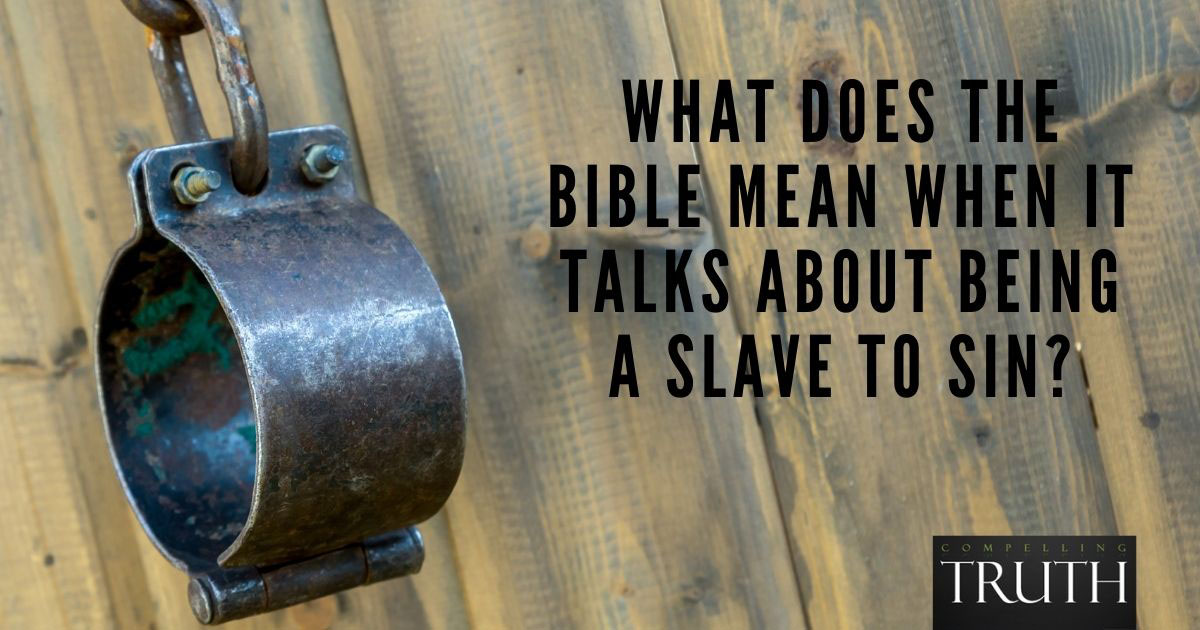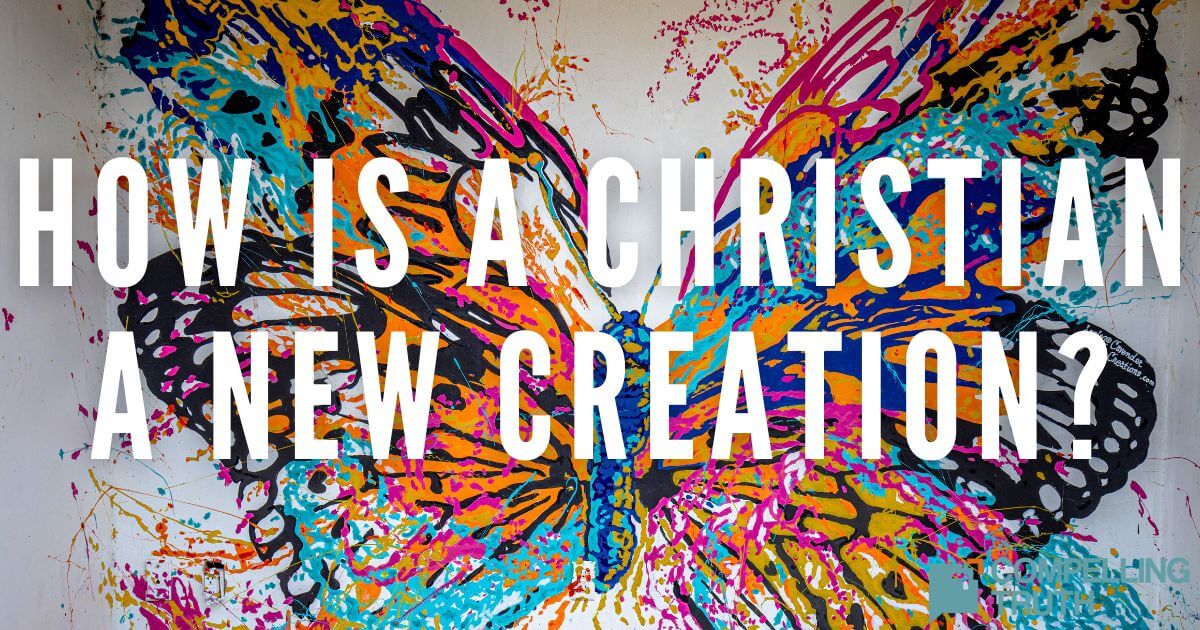To be free from sin means to be released from its power, penalty, and presence. Through Christ’s death and resurrection, believers are set free from the guilt and condemnation of sin (Romans 8:1; Hebrews 2:14-15) and are no longer slaves to sin but slaves to righteousness (Romans 6:6, 18). While we experience freedom from sin’s dominion now, we still struggle with remnants of sin in our lives (Romans 7:21-25), and complete freedom will not be realized until Christ returns (Romans 8:29; Revelation 21:1-4). As believers, we are in the process of transformation, becoming more like Christ (2 Corinthians 3:18) and should live in the power of the Holy Spirit, seeking righteousness and reflecting God’s glory (Romans 6:22). We live with the hope of ultimate freedom from sin in the new heavens and new earth, praising God for the freedom He has already granted (Galatians 5:1).
Believers are on a journey of transformation, constantly being shaped by the Holy Spirit to reflect more of Christ’s character in our lives. This process of sanctification reminds us that while we’ve been freed from the power of sin, we still live in a world tainted by its effects and we still battle the flesh and sin in our own lives. We are called to stand firm in the freedom Christ has secured for us, living not as slaves to sin but as instruments of righteousness.
How do we do this? We live according to the Spirit and not according to the flesh. We recognize our sin and repent. We seek to live for righteousness, through the power of His Spirit. We surrender ourselves to Him knowing that freedom is found in Him. We do all this looking forward to the future with hope—the assurance that one day, we will be fully free from sin and its consequences in the new heaven and new earth.
This promise should deeply shape how we live today, as we joyfully yield to the work of the Holy Spirit, allowing Him to refine us and make us more like Christ. We are called to praise God for the freedom He has granted us and to live with purpose, knowing that our present freedom is a foretaste of the perfect, eternal freedom to come. We do not use our freedom to sin and live however we want. Instead, we seek to live for the things of God– that which reflects Him and lasts eternally. As we face challenges in this world, we can take comfort in the promise of a future where sin and suffering are no more, and live in a way that honors God and reflects the hope we have in Christ’s return.




